The Curator independently decides what topics and products we feature. When you purchase an item through our links, we may earn a commission. Promotions and products are subject to availability and retailer terms.
Ridley Scott’s Napoleon, a battle-filled blockbuster, hit theatres last week. It’s yet another entry in the already expansive library of literature and art dedicated to the ambitious Emperor.

Why do we seem so perpetually obsessed with the French emperor? Blake Stilwell, a contributor to Military.com and a former U.S. Air Force photographer, explains it this way: “The idea that someone from outside the elites of Europe could not only rise to power but succeed holds a lot of appeal for us. I mean, historians named the era after him,” Stilwell said in an interview.
Stilwell, who writes often on the portrayal of the military on screen, says history fans will love Napoleon’s combat scenes. “What I did see was excellent,” according to Stilwell. However, viewers will likely be left wanting more.
“I thought the battle scenes were sparse! A few shots from a cannon, a cavalry charge, and the battle is over.”
Story continues below advertisement
His reaction to the film overall is mixed. It doesn’t dig deeper into some of the more important historical events or explain why they were so important,” Stilwell said.
Stilwell isn’t alone in his criticism.
Prior to the film’s release, one interviewer asked Scott about the film’s portrayal of the Battle of Austerlitz. While visually arresting, critics have questioned its historical accuracy. Scott replied: “There are 10,000 books about Napoleon, and they’re full of both truth and conjecture. But I left reading the books to the poor bastard who had to write the screenplay.”
He’s referring to David Scarpa. It’s not the first time Scarpa has worked with Scott. He is also the co-writer of All the Money in the World and is attached to the forthcoming Gladiator 2. There’s no official David Scarpa Goodreads list to consult, so we’ll need to imagine what books he was checking out at the library when he was penning the Napoleon script.
But just because Scott left the reading to someone else, that shouldn’t stop you. Here are 15 out of the 10,000 books, inspired by the film’s themes and battles.
The Essential Napoleon
Winner of the Grand Prix of the Foundation Napoleon Prize, the Los Angeles Times Biography Prize, and a New York Times Best Seller, this book broke through some preconceived notions that we had of Napoleon. It was the first one-volume biography that incorporated the learnings from Napoleon’s 33.000 letters, which had been recently published at the time Roberts was writing this book. Stilwell says “It describes in brilliant detail why Napoleon was a revolutionary leader at the time and puts his energy on display.”
Story continues below advertisement
Written by a military policy expert, author Frederik Kagan guides readers through the political players shaping Europe and the world during the Napoleonic era. For balance, Kagan sources archival materials from Austria, Prussia, Russia and France for this account. Stilwell explains that though this can be a dense book, “it shows why his rise to power was so challenged by other powers in Europe.”
Detailing Napoleon’s abysmal retreat from Moscow, Zamoyski references first-hand accounts of soldiers and civilians on the French and Russian sides of the battle to tell the story of an “epic military disaster.’ For Stilwell, what makes this book worth the read is that you will come to understand, ‘how Napoleon could be compelled to make such a disastrous march into Russia.”
Love & Marriage
One thing Josephine stans can look forward to in the director’s cut is a deeper dive into who she was before she met Napoleon. While historians may disagree on the purity of their love, the film and books depict the connection as intense. What historians will speculate about is the degree to which Napoleon’s love life influenced his political plays.
Story continues below advertisement
From the description of Josephine Bonaparte in this book, it would seem that she and her Corsican soldier were fated to be together. Described by Williams as the “ultimate survivor” her ambition and determination matched that of Napoleon. One Amazon reviewer raves that it is a page-turner while another claims it “got far more detailed than I would have liked.” A dis or a plug, I’ll let you be the judge.
Based partly on eyewitness accounts, one Amazon reviewer mentions that this book covers some of the more gossipy reports at the time. However they also promise that this book isn’t just an “eighteenth/nineteenth-century tabloid gossip sheet,” but a perspective of history from the people who lived through the events.
From the early days of their romance to a bitter divorce, Napoleon was an ardent and revealing letter writer. “Here is their love, here are their squabbles.” Read, first-hand, the words of Napoleon to his Josephine with commentary by Diana Reid Haig.
Story continues below advertisement
That’s what he said
Bonaparte according to Bonaparte! These titles are essential reading for military enthusiasts and historians but may be a tough one to have at the top of the list.
Modern-day reviews of Napoleon’s memoirs are not as glowing as you might expect, with one Goodreads rating noting that Napoleon sure enjoys boasting. Originally published in 1823 and considered to be a best-seller at the time, Napoleon’s memoirs, which he dictated whilst in exile on St. Helena, cover his entire life. This updated edition is illustrated. But there is also a Kindle version of the original text in three volumes. (Memoirs of the History of France During the Reign of Napoleon, Volume 1-3).
This manual is a must-read for aspiring strategists and was a must-read for Napoleon’s officers in training. Offering practical and tactical instruction for battle, these maxims give us an understanding of Bonaparte as a General.
Story continues below advertisement
The politician, the media and the mudslinging
Napoleon’s larger-than-life persona is in part due to his public relations prowess. In The Genesis of Napoleonic Propaganda, author Wayne Hanley makes the case that Napoleon “proved to be a consummate master of public relations.”
From the bulletins he published to the articles he wrote, winning public favour was key to his political reputation and rise to power. It wasn’t all roses for Napoleon though.
Napoleon could have taught the first course on ‘What’s your brand?’, His calculated self-imaging was key to his rise, according to Wayne Hanley. This book has been made available through Gutenberg-e (Historical Association and Columbia University Press), but you can get yourself a hard copy too.
Leaders in business and politics have a lot to learn from Napoleon. At least, that’s what this book by a corporate strategic adviser suggests. Image matters. Gaining consensus leads to success. Charisma inspires team spirit. The preface is written by a PR guru and afterwards by Charles Bonaparte, the eldest living member of the Bonaparte family.
Story continues below advertisement
Political satire was a healthy byproduct of the Napoleonic era. Satirists like James Gillray cut Napoleon down to size with his savage illustrations. Often portrayed as small in Gillray’s cartoons, historians believe that Napoleon was, in fact, of average height for his time.
Napoleonic wars
From his greatest victory to his final defeat, Napoleon’s battles have been studied and analyzed since they were first fought. The battle sequences are prominently featured in the Ridley Scott film. This is the battle Napoleon fought and lost after returning from his initial exile to the island of Elba. Two books. Two perspectives.
It was Napoleon’s first military campaign; and Ridley Scott’s “most complex sequence” to shoot. How did the Grande Armée defeat the Russian forces? This book is your companion to Scott’spièce de résistance.
Story continues below advertisement
Another ‘epic page-turner,’ Tim Clayton’s Waterloo is based on the first-hand account of the French, German, Dutch, Belgian and British soldiers who participated in the war. It’s a dark, gritty depiction that is known to be scrupulously researched and capturing the human drama of war.
Same war, told from the point of view of French historians and the first-hand accounts of the French Army. The author, Andrew Field is a former British army officer who has written a handful of books about this one battle.
Bonus recommendation. The in-house consultant.
Despite what some critics are thinking, there was a historical consultant on the Napoleon film.
Story continues below advertisement
You can read the book that Ridley Scott did not (maybe).
Professor of Western European History at Oxford and leading Napoleon expert, Michael Broers. According to Broers, he was there to advise on what happened but was reminded by Ridley Scott that he wasn’t necessarily going to adhere to what he said.
Napoleon is currently in theatres and will be on Apple TV+ at a later date. Run time 2h 38 min. The 4-hour director’s cut will also be released on Apple TV+ at a later date.
© 2023 Global News, a division of Corus Entertainment Inc.


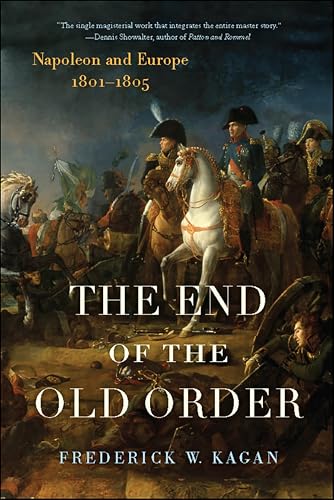




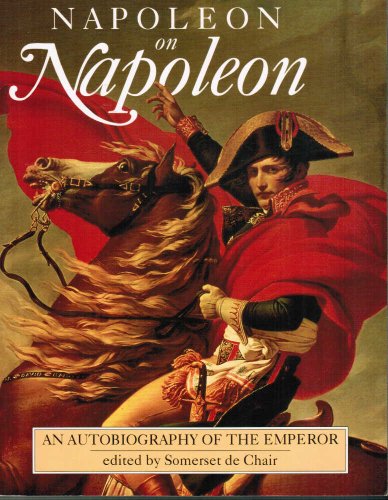

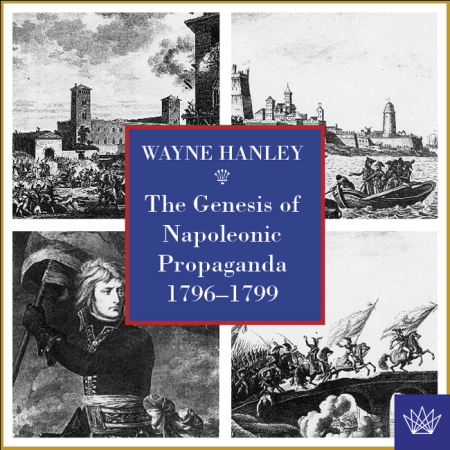

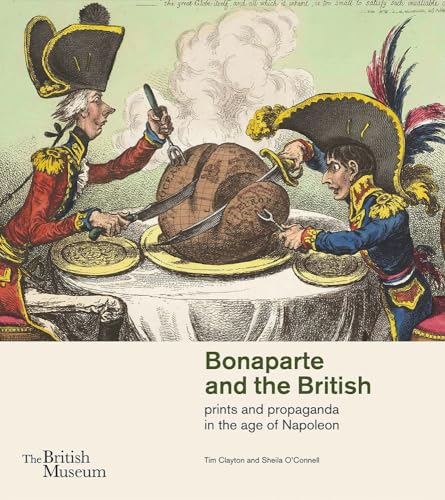
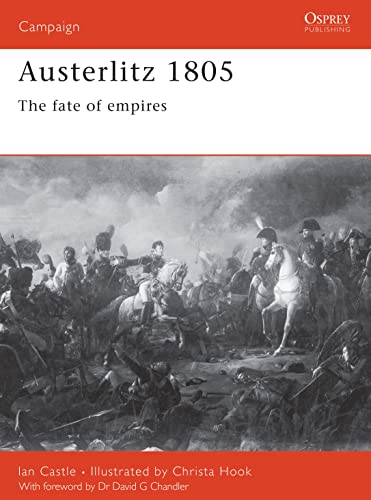



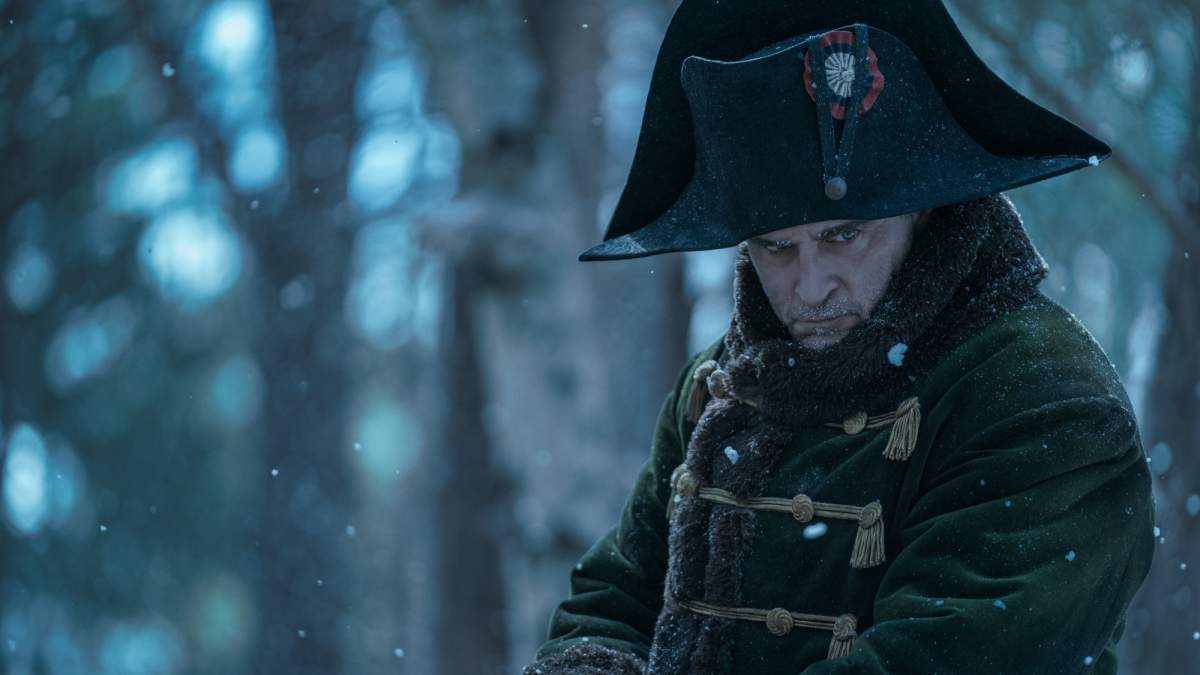


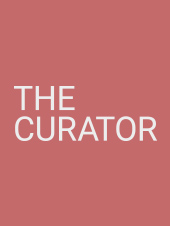

Comments
Want to discuss? Please read our Commenting Policy first.